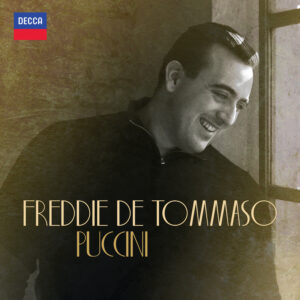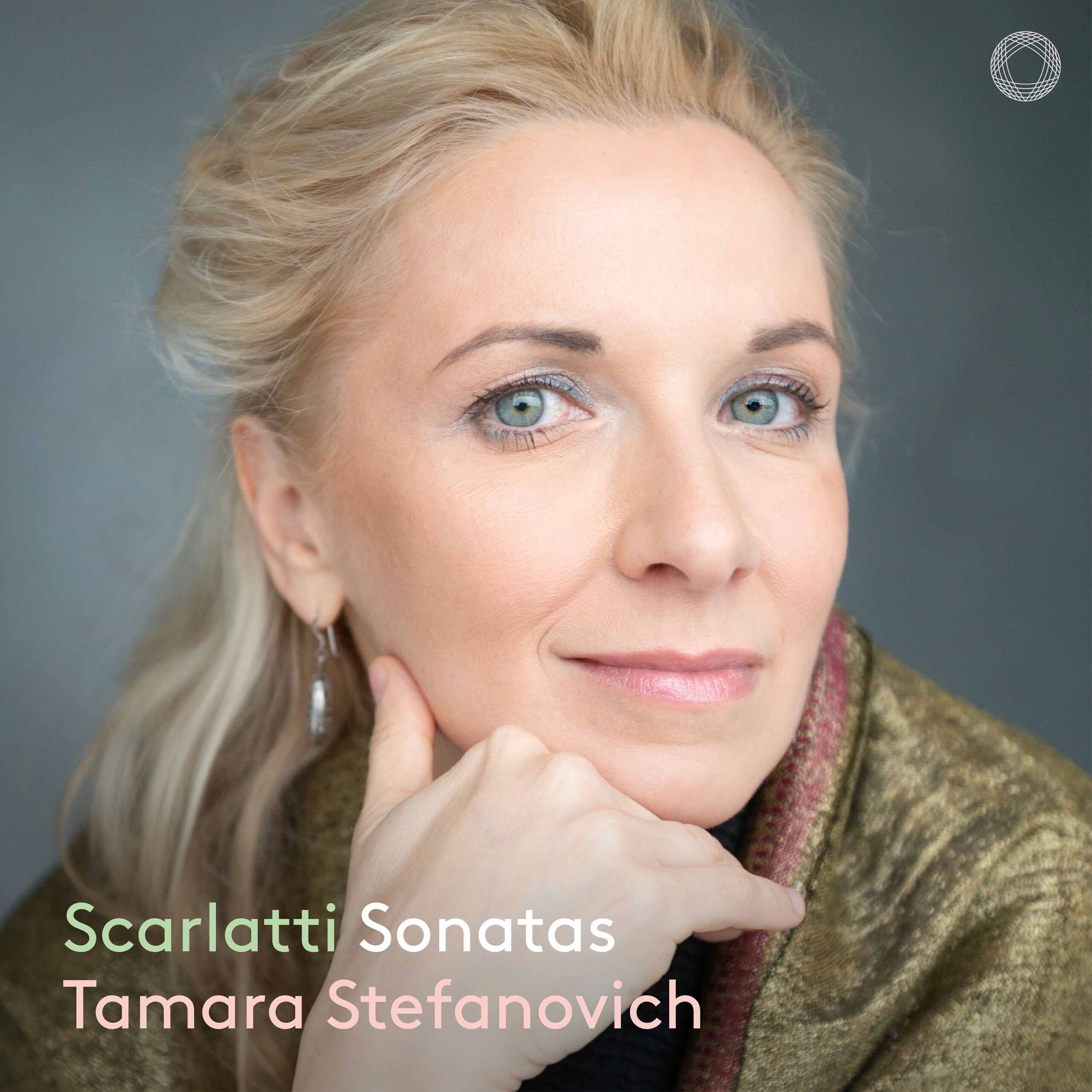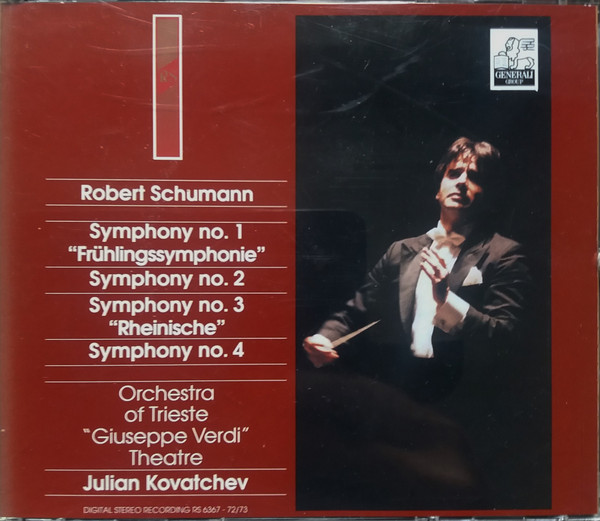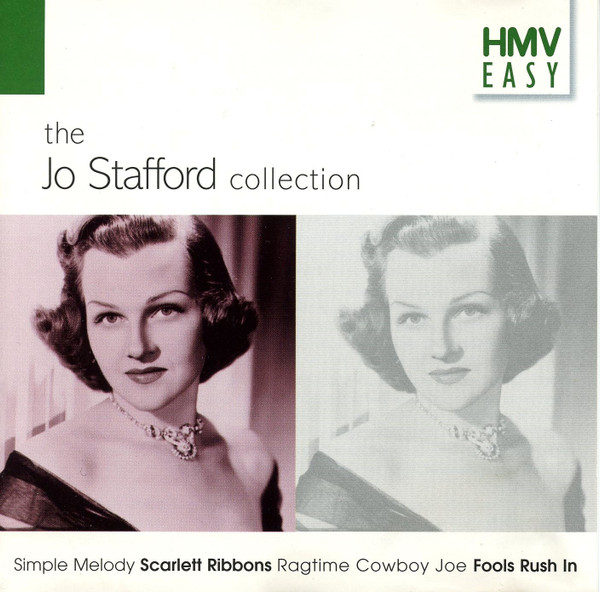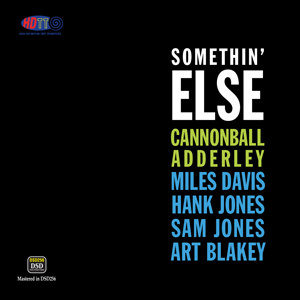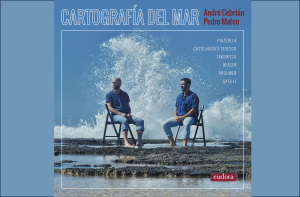Freddie de Tommaso, Puccini Arias with London Philharmonic Orchestra/Edward Gardner. Decca 4870768 (digital EP, no booklet. La Bohème: Che gelida manina. Manon Lescaut: Donna non vidi mai; Guardate, pazzo io son. La fanciulla del West: Una parola sola...Or son sei mesi. Le villi: Torna ai felici dì.
We don't ordinarily associate the EP format—the extended-play CD—with classical repertoire; like its 45-rpm vinyl predecessor, it seems better suited to pop music's shorter forms. But, especially when digital streaming and downloads are displacing hard discs, Decca's use of it to promote the rising tenor Freddie de Tommaso makes sense, obviating the need to fill out a sixty- to seventy-minute program. (In vinyl days, it was forty to fifty minutes, which sometimes still seemed quite enough.)
Mr. de Tommaso, no newcomer, has won multiple awards, and made his MET début earlier this season in Tosca; he and Decca have seen fit to offer us, not Cavaradossi's solos, but five other Puccini arias and scenes. He's a stylish singer, with a plausible technique and a dark, baritonal low range which he deploys to good effect, as in Donna non vidi mai, without weighting it down. He's incisive and alert, sensitive to mood changes, though, in the Fanciulla scene, his choices tend toward the obvious.
On the debit side, in that same scene and elsewhere, the "oh" and "ah" vowels can turn a bit throaty. The tenor approaches the top with more than a bit of "hooking," so the peak notes are tight rather than expansive. (The climax of Guardate, pazzo io son, however, rings out, startlingly.) In the unaccompanied start of Le villi, the lack of a firm tonal center leaves the tuning suspect; the soft section that starts the Bohème aria, the consonants slightly derail the vocal production, rendering it tentative.
In any case, de Tommaso deserved better podium support than this. In the Bohème, Edward Gardner has trouble staying with his soloist, or doing so coherently: whose ideas were strange? Elsewhere, his conducting is a collection of missed opportunities. There's no magic in the chord shift before Donna non vidi mai; the inert syncopations in the Fanciulla scene don't provide the intended propulsion. Only in the Le villi scene, where Gardner shapes the orchestral interlude with heartfelt expression, does he make a really positive contribution.
The sound is fine, but I'm puzzled that the voice should abruptly sound brighter and more immediate in the big Fanciulla scene than it had in the previous three tracks.
stevedisque.wordpress.com/blog




